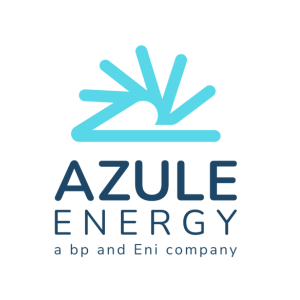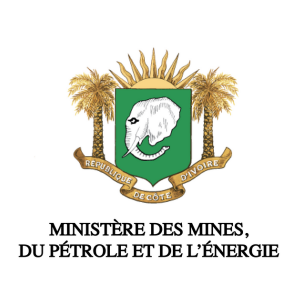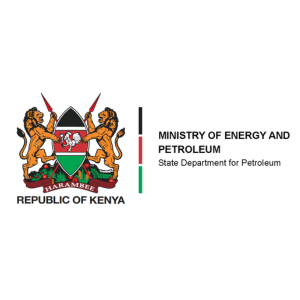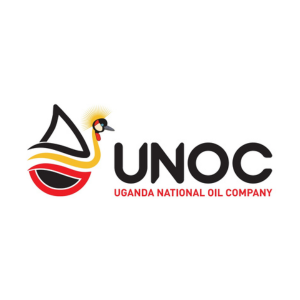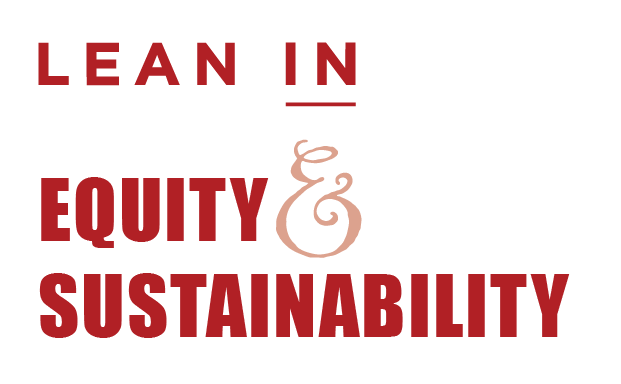On the week of his inauguration, we assess the situation.
It’s no secret that the United States of America has historically been cautious compared to other nations – particularly China – when it comes to fomenting influence and forming partnerships across the African continent. Many commentators argue that Joe Biden’s Presidency presents the USA with an opportunity to reboot its Africa policy to prioritise relations and partnerships with this young, growing continent of 1.2 billion people.
Generally, Africa policy has remained consistent from administration to administration; for instance, Donald Trump’s Prosper Africa Programme followed naturally on from Barack Obama’s Power Africa initiative. These programmes, though positive in that they prioritise commercial ties with the continent, leave plenty of opportunity for expansion.
Will this change under President Biden? Quite possibly, with American desire to limit Chinese influence in the region and the energy transition acting as dual driving factors. On the one hand, though less eyebrow-raising than those of his predecessor, Joe Biden has expressed strong views disapproving of the way China conducts itself on the global stage. On the other, he comes into office with a higher mandate on climate change than any other President in his country’s history, listing it as one of four top policy priorities on his transition website. Though a largely symbolic move, he has vowed to re-join the Paris Climate Agreement on day one in office.
Africa, both energy-hungry and rich in renewable resources including solar, wind and hydropower, could stand to benefit from this step-change from the previous administration. A 2017 Africa-focused report, Escaping China’s Shadow, named renewables as one of the United States’ top five most competitive sectors. We will likely see US government-linked investment organisations including the Export-Import Bank of the United States (EXIM) and the newly established Development Finance Corporation (DFC) prioritise funding for renewables projects.
What does this mean for fossil fuels? As confirmed by a recent study from the University of Oxford published in the journal Nature Energy, renewables alone cannot close Africa’s energy gap. Natural gas is now widely accepted as the bridging fuel of choice to support the continent’s energy transition. Since becoming operational in December 2019, the DFC has approved funding for both a natural gas pipeline in Egypt and a natural gas power plant in Mozambique. Additionally, EXIM’s record-breaking $4.7 billion of financing for Mozambique LNG, and its regular reaffirmations of support for the project, suggest that the USA will continue to take this view – at least in the immediate future.
It is clear that President Biden will have to carefully balance development, climate and diplomacy goals in his approach to Africa. For the continent’s energy sector, however, a change in administration will certainly bring fresh opportunities.
Are you closely watching the development of Africa’s green economies? Learn more about the Future Energy Series: Africa (2-4 November 2021) stream at AOW 2021.
Generally, Africa policy has remained consistent from administration to administration; for instance, Donald Trump’s Prosper Africa Programme followed naturally on from Barack Obama’s Power Africa initiative. These programmes, though positive in that they prioritise commercial ties with the continent, leave plenty of opportunity for expansion.
Will this change under President Biden? Quite possibly, with American desire to limit Chinese influence in the region and the energy transition acting as dual driving factors. On the one hand, though less eyebrow-raising than those of his predecessor, Joe Biden has expressed strong views disapproving of the way China conducts itself on the global stage. On the other, he comes into office with a higher mandate on climate change than any other President in his country’s history, listing it as one of four top policy priorities on his transition website. Though a largely symbolic move, he has vowed to re-join the Paris Climate Agreement on day one in office.
Africa, both energy-hungry and rich in renewable resources including solar, wind and hydropower, could stand to benefit from this step-change from the previous administration. A 2017 Africa-focused report, Escaping China’s Shadow, named renewables as one of the United States’ top five most competitive sectors. We will likely see US government-linked investment organisations including the Export-Import Bank of the United States (EXIM) and the newly established Development Finance Corporation (DFC) prioritise funding for renewables projects.
What does this mean for fossil fuels? As confirmed by a recent study from the University of Oxford published in the journal Nature Energy, renewables alone cannot close Africa’s energy gap. Natural gas is now widely accepted as the bridging fuel of choice to support the continent’s energy transition. Since becoming operational in December 2019, the DFC has approved funding for both a natural gas pipeline in Egypt and a natural gas power plant in Mozambique. Additionally, EXIM’s record-breaking $4.7 billion of financing for Mozambique LNG, and its regular reaffirmations of support for the project, suggest that the USA will continue to take this view – at least in the immediate future.
It is clear that President Biden will have to carefully balance development, climate and diplomacy goals in his approach to Africa. For the continent’s energy sector, however, a change in administration will certainly bring fresh opportunities.
Are you closely watching the development of Africa’s green economies? Learn more about the Future Energy Series: Africa (2-4 November 2021) stream at AOW 2021.
















